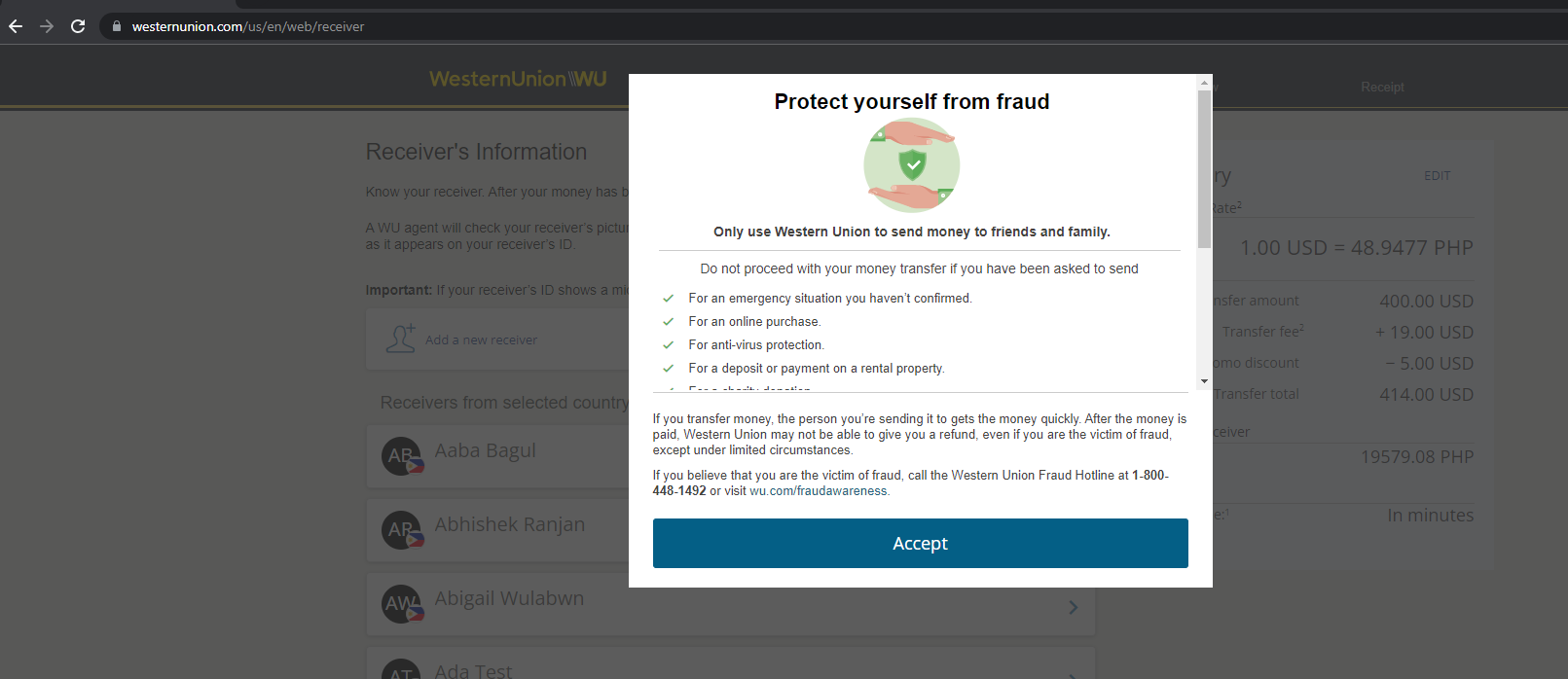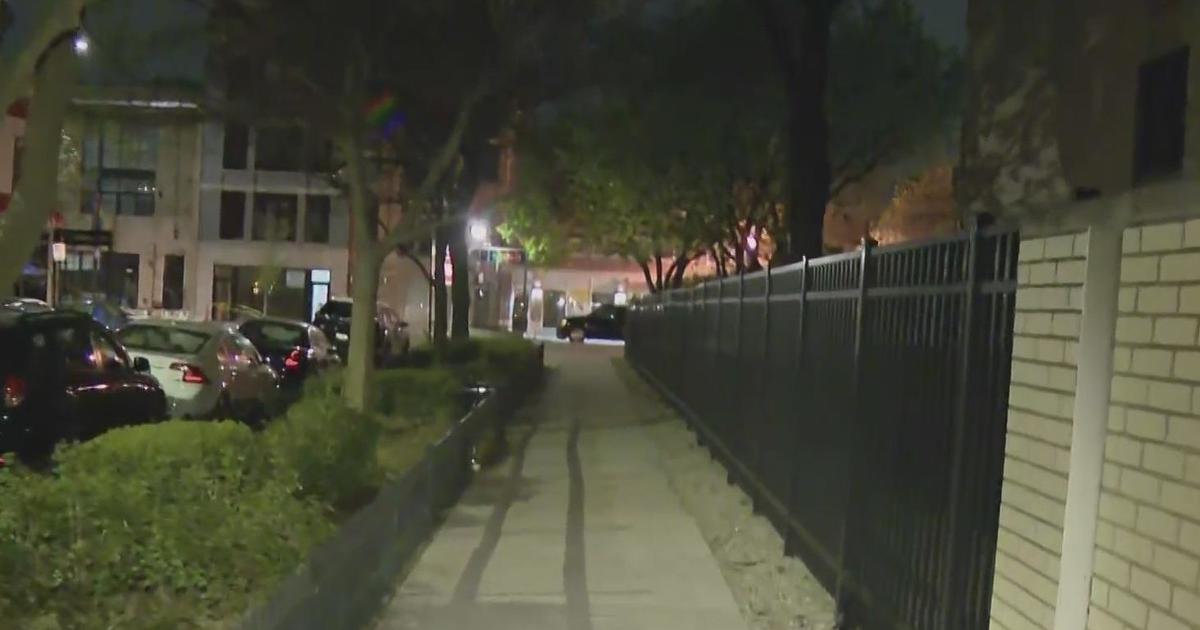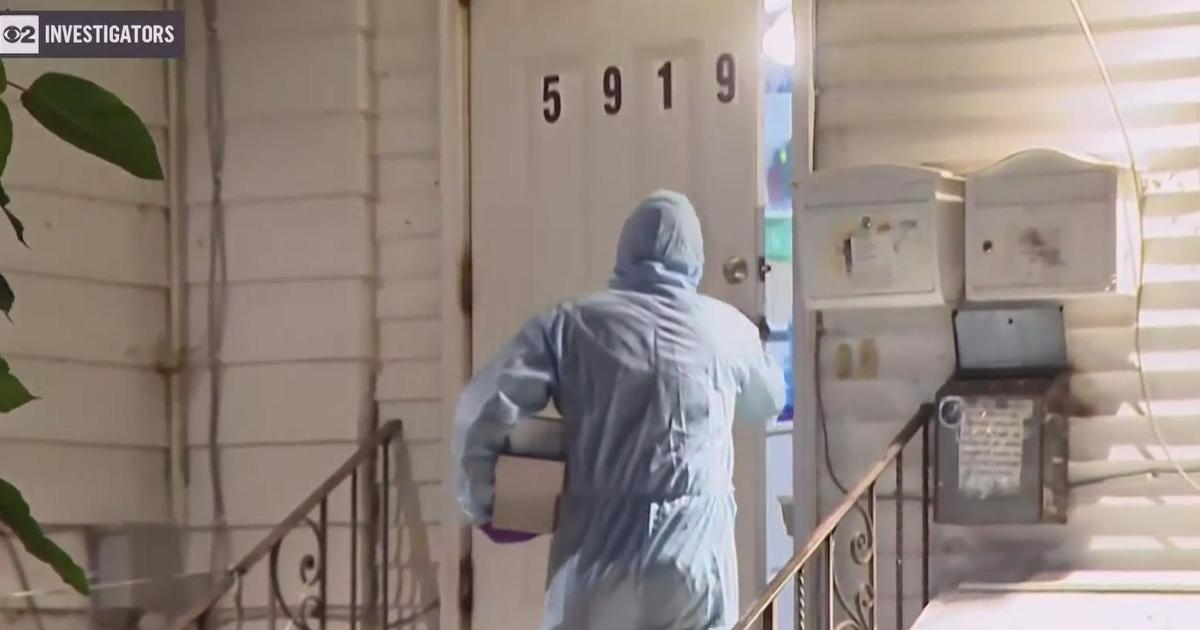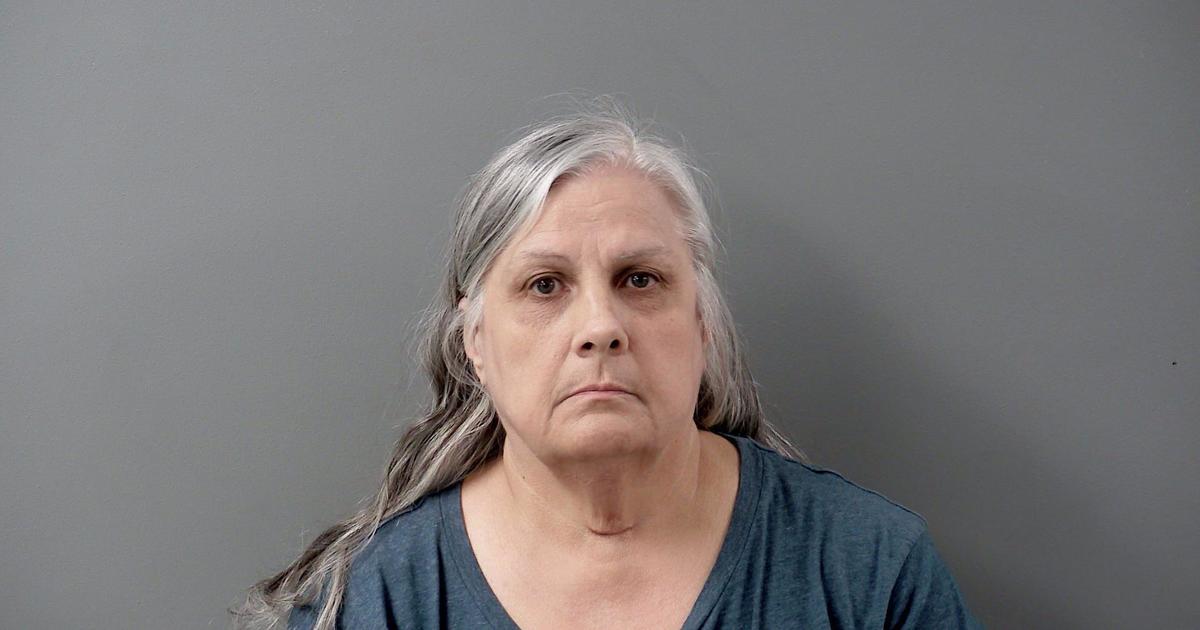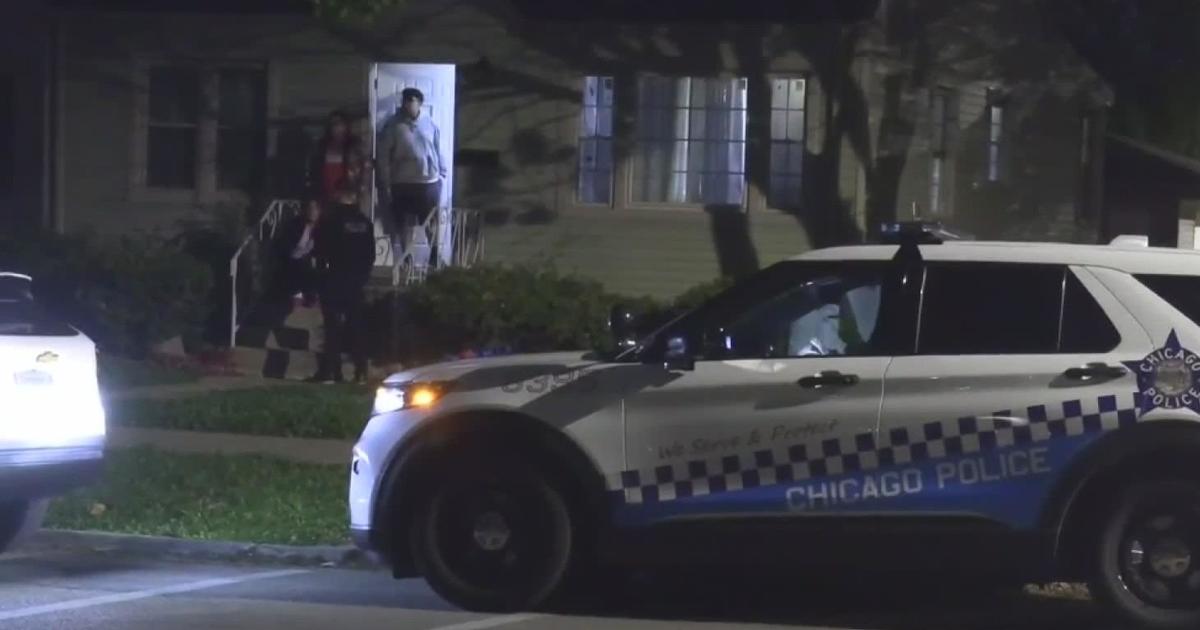Woman Lost Last $100 After Wiring It To Scammers Who Claimed They'd Kidnapped Her Cousin
CHICAGO (CBS) -- Suppose you got a call saying a drug cartel had kidnapped your cousin – and to save her, you need to send money, right away.
What would you do?
It is all actually a scary scam that cost a Chicago woman in a big way. CBS 2's Tim McNicholas unraveled what happened.
Helping family is second nature for Helen Presley.
"I am a home care aide for my grandmother," Presley said.
So when she got a call saying her cousin was kidnapped, she put her cleaning on pause at grandma's house.
"They said: 'Don't call anybody else. Don't do anything, because if you do, we'll assault, sexually assault your cousin,'" Presley said.
A man told Presley to go to the nearest Western Union and transfer thousands of dollars to someone in Mexico, where his supposed cartel was based. But Presley only works part-time and doesn't have thousands of dollars.
"I was completely terrified," Presley said. "I didn't know what to do besides follow their instructions, because I didn't want her harmed."
So instead, she sent her last $100. That was money she was saving to fix the damage to her car from a recent storm.
She sat in that same car waiting for the kidnappers to drop her cousin off at a Walgreens. They never did – because they never had her cousin in the first place.
"I waited about an hour or so before I called my cousin - and she said she was fine," Presley said. "So I realized it was a scam."
Then she reached out to Western Union, and learned she could not get a refund.
"It's heartbreaking, but it's not surprising," said Teresa Murray, a consumer watchdog with the U.S. Public Interest Research Group.
McNicholas asked Murray what we could tell people to get them to avoid these kinds of scams.
"Never, ever, ever pay someone that calls you on the phone with gift cards, or wire transfer, or Bitcoin, or anything like that," Murray said.
But here's where the water gets murky.
Presley said the call was so convincing because when she first picked up, she thought she was talking to her cousin. She heard a woman with a similar voice who even knew her cousin's name before the man took the phone.
"They also had my phone number, so it feels like it was somebody that possibly knew me or knew my family," Presley said.
And that's a thought she can't scrub out of her mind.
Our expert tells us if you get a call like that, just hang up and call the family member directly.
On its website, the money giant outlines more than 20 scams, and has a quiz to help you avoid such rip offs. Western Union also issued this extended statement:
Consumer fraud is, unfortunately, an issue that impacts the entire financial services industry, and one that Western Union takes very seriously.
Over the past few years, consumer fraud perpetrated against Western Union customers has been on a steady decline due to a variety of measures we have taken to protect consumers. In 2020, our reported consumer fraud globally decreased by 6%, despite an increase in COVID-19 related fraud scams reported on an industry level. In fact, in April 2020 Western Union experienced a record low in reported consumer fraud. Over the last five years the dollar value of fraud in consumer-to-consumer transactions reported to Western Union, compared with the total value of all such transactions, has dropped more than 46 percent.
With regard to channels used to contact fraud victims, 60% of victims reporting consumer fraud to Western Union in 2020 reported being contacted or meeting the fraudster on the Internet, with less than 1% of individuals reported having been contacted through WhatsApp. Education and awareness are key tools leveraged and we have many resources available on our Fraud Awareness website to guide and inform potential victims of fraud.
Emergency scams, like the one you shared with us, are a crime. We encourage customers who have been defrauded in this way to call Western Union's U.S. Fraud Hotline at 1-800-448-1492 to report the fraud, which allows us to interdict the receiver. Customers can also report a fraudulent incident online at this link.
When fraud is reported to Western Union, an investigation is conducted to determine if Western Union, its agents, or the front-line associates failed to comply with any of our policies and procedures relating to detecting and preventing fraud-induced money transfers. If, after the investigation, it is found that the required procedures were not followed, the money transfer sender/victim of fraud will receive a reimbursement of the transaction principal and fees. Money transfer does not work like an escrow service; when you transfer money, the recipient receives the money very quickly – i.e., within minutes. Once the money has been paid out, Western Union is unable to offer refunds, even if you are the victim of fraud, except under very limited circumstances. A Fraud Warning message, included within the transaction flow before the transaction can be concluded, specifies this detail, alongside highlighting common scams to watch out for. It also provides the Fraud Hotline and wu.com fraud site to learn more.
Additionally, information, facts and circumstances from the investigation are taken into consideration, such as how the fraud was perpetrated, red-flag indicators, typology mapping and other factors, in order to improve our anti-fraud program. Where relevant, we capture identifying and other pertinent information on the fraudster to share with law enforcement.
Western Union recommends the following basic money transfer tips to customers:
• Never send money to someone you have not met in person and trust.
• Verify the situation is a real emergency; ignore the caller's plea not to tell others; confirm through other friends and family.
• Only send funds received by check after the check clears in your account.
